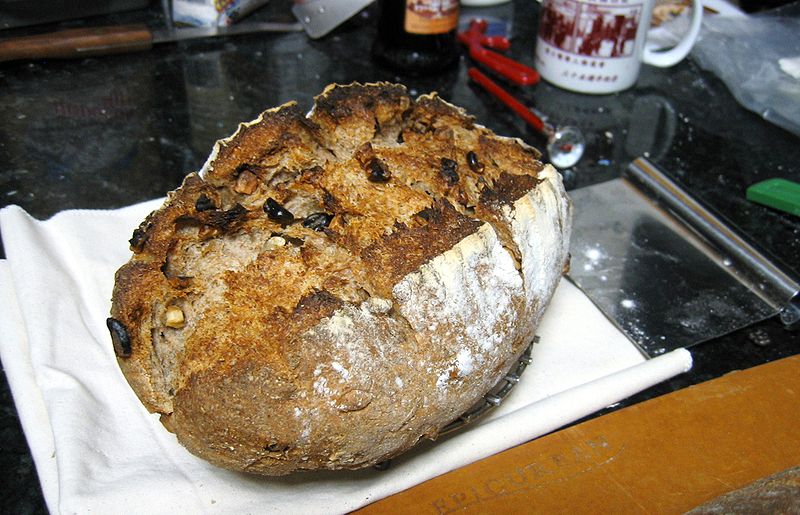The inventive ways people made food during extreme famines – Bark Bread

We may be living a lifestyle where we hardly miss a meal and even if we sometime do we instantly feel fatigued and dizzy; well imagine having that feeling day in and day out and it only gets worse, that is what a famine feels like.
However, we have history to look back to where we can analyze a number of famous famine in the recent past and see how people managed to pull through and what did they eat.
Norway Famine
During the famine in Europe, the one food item that saved millions from starving to death was Bark Bread. This break is essentially made by adding the inner bark of the tree that carries a number of organic nutrients, into flour.
This small tweak made bread not only last longer than usual but also made them more nutritious which is a crucial factor during a famine. The bark bread was also used during the famine in Finland, and some historians suggest our ancestors frequently used the bark bread to keep themselves fed and nutritious with a food item that could last a long time.
Famines in Russia
During the famines in Russia, people made full use of orache and nettle which were mostly used to make soups and breads; highly rich in vitamins that were much needed during the famine. Shadscale and Chamois which are specie of orache were commonly used by the native Americans and was an essential part of their diet.
Nettle, on the other hand, has a more familiar spinach like taste and after properly cooked it gets rich in a number of nutrients such as Vitamin C, A, potassium, iron, calcium, and Manganese. The Nettle plant comes with stinging chemicals, so raw eating is never recommended, thorough cooking removes all the chemicals and only leaves the rich nutrients stored in it.
Germany, France, Belgium During WWII
During the sieges and battles sprouting all over the European continent, people had to resort to Rutabagas which was widely used all over Europe during the Second World War.
There is a variety of different ways the roots can be cooked for human consumption; whereas the leaves are equally edible just like any other ordinary vegetable. In France and Germany, many people survived on a stew that they prepared out of boiled rutabaga.
The Irish Famine
The famous Irish Famine is also referred to as The Potato Famine since it was caused by a disease found in the local crop of potatoes. The food prices spiked up ten folds during the famine making it increasingly difficult for the poor folks to buy food for their families.
In many cases, children often had to go to bed hungry as parents tried to eat whatever little they could to carry on fighting for the whole family through famine. Many of the workers working in the fields of factories often fainted due to malnourishment or even dropped dead.
During the Famine Irish people in the country side resorted to Ate Nettles, wild berries, turnips, and many other edible wild plants. The plight of the starving and badly weakened people finally changed when the government managed to supply the famine-stricken regions with soups and other basic foods to survive on.
